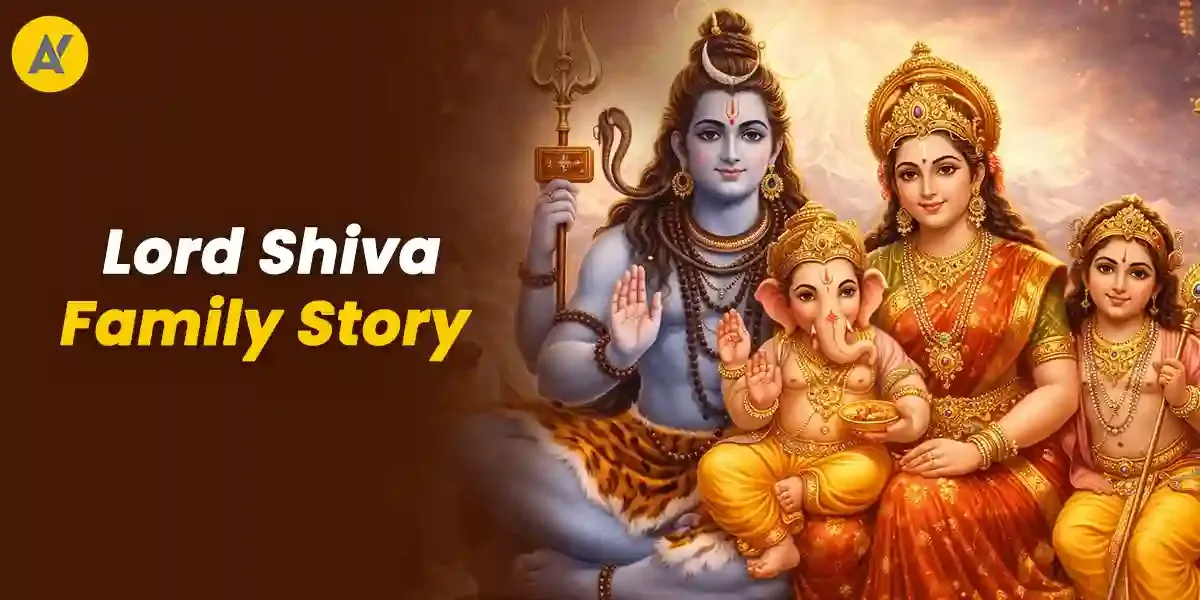
Thursday, January 1, 2026 Paksha:Shukla Tithi:Trayodashi

Saturday, January 3, 2026 Paksha:Shukla Tithi:Purnima

Saturday, January 3, 2026 Paksha:Shukla Tithi:Purnima

Saturday, January 3, 2026 Paksha:Shukla Tithi:Purnima

Tuesday, January 6, 2026 Paksha:Krishna Tithi:Chaturthi

Tuesday, January 6, 2026 Paksha:Krishna Tithi:Chaturthi
Nothing gives us more motivation than the start of a new year. According to the Gregorian calendar, New Years Day is celebrated on January 1st, 2026,Thursday.



History of New Year Celebrations
The celebrations associated with New Years, and choosing January 1st as the New Year's Day, originated in the Roman Period. The early Roman calendar, believed to have been created by the founders of Rome, Romulus, consisted of 10 months and 304 days. According to this calendar, each New Year was to begin at the Vernal Equinox.
However, over the centuries, the calendar fell out of sync with the Sun, and the emperor, Julius Caesar, decided to solve the problem by consulting with his most prominent astronomers and mathematicians, thereby introducing the Julian Calendar.
The Julian Calendar closely resembles the present-day Gregorian Calendar that is followed today by most countries in the world.
In his reform, Caesar instituted January 1 as the first day of the year, partly to honor the month's namesake: Janus, the 'Roman God of Beginnings'. It is believed that Janus had two faces, which allowed him to look back into the past and forward into the future.
This is probably how the traditions and celebrations, which are now linked to the festival, came into place!
And the celebrations continue..
While each culture has its own customs and traditions for celebrating the New Year's Day, there are some common themes for all cultures. As the New Year's Day approaches, people go about doing some, if not all, of these chores- house cleaning, paying off debts, returning borrowed objects, reflecting on one's shortcomings, mending quarrels, giving donations. This gives them a feeling of satisfaction of starting a New Year on a fresh page/note.
Some even regard New Year's Day as one of the most active-minded holidays, because it encourages and pushes people to re-evaluate their lives, and decide on plans of action to make them better. Mostly, it gives people a chance to make resolutions/positive changes that the person wants to work towards in the New Year.
Celebrations for New Years Day include fireworks, lavish dinners and drinks, exchanging gifts, meeting friends and family, among many more. The celebrations, lately, have become so extravagant that the tradition of New Year's Eve has become as popular as the festival itself!
New Year wishes for 2026
Cheers to a new year filled with endless opportunities, unforgettable moments, and all the good vibes—let's make 2026 the year we shine brighter than ever!
Here are 10 New Year wishes you can use:
Wishing you a year full of happiness, success, and new beginnings! May 2026 bring joy and fulfillment in every moment. Happy New Year!
May the coming year bring peace, love, and joy to your life. Here's to fresh starts and endless possibilities. Happy New Year!
Happy New Year! May this year be as bright and beautiful as your heart. Wishing you all the best in the year ahead!
As we step into 2026, may your dreams and aspirations come true. Wishing you a year full of success, health, and love!
Goodbye 2024, hello 2026! May this new year bring you new opportunities, happiness, and unforgettable moments. Happy New Year!
Cheers to a year filled with laughter, growth, and love. Wishing you a prosperous and joyful New Year ahead!
Here's to a year of making memories, pursuing dreams, and living life to the fullest. Happy New Year to you and your loved ones!
May the new year bring new horizons, bright moments, and uncountable blessings. Wishing you a very Happy New Year!
Sending you my warmest wishes for a successful, healthy, and joyful New Year. May 2026 be your best year yet!
Happy New Year! May the year ahead be filled with love, laughter, and endless possibilities. Here's to new adventures and fresh starts!
Prepare for the New Year
With the year coming to an end, and the possibility for a new start, who would not want to plan better for the coming year? This is a great time to log onto our site, Astroyogi.com and consult our expert astrologers and tarot card readers on how to do so.
Not only can these reliable and credible professionals suggest how to make the most of the opportunities that come knocking on your door in the New Year, but they can also help you work on your weak points. You can get guidance, and learn how to turn challenges into stepping-stones in your life.
Those of you who were not able to manage finances, or relationships, or were facing work-problems in the past year, log onto our site and find out how to make better progress with the New Year starting. If you are the type of person who likes to make resolutions and pledges, find out how you can stick to them, and, in turn, learn how to lead a better life. Having been unable to keep your resolutions could be because they may not have been suited to your personality or lifestyle.
Consult our expert astrologers online to learn more about the festival and their rituals.
Festival List
- Nag Panchami
- Raksha Bandhan
- Janmashtami
- Ganesh Chaturthi
- Onam
- Pitru Paksha
- Shardiya Navratri
- Durga Puja
- Dussehra
- Karwa Chauth
- Dhanteras
- Diwali
- Govardhan Puja
- Bhai Dooj
- Chhath Puja
- Tulsi Vivah
- Guru Nanak Jayanti
- Christmas
- New year
- Lohri
- Pongal
- Makar Sankranti
- Vasant Panchami
- Shivratri
- Ramadan
- Holi
- Good Friday
- Navratri
- Gudi Padwa
- Ugadi
- Vaisakhi
- Ram Navami
- Mahavir Jayanti
- Hanuman Jayanati
- Buddha Purnima
- Akshay Tritiya
- Shani Jayanti
- Guru Purnima
- Hariyali Teej





















